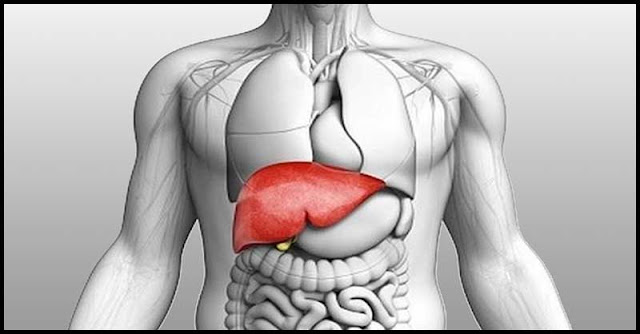In many parts of the world, fatty liver disease is becoming common. It has been linked to type 2 diabetes, obesity, and conditions characterized by insulin resistance.
One of the most common liver diseases is Non-alcoholic fatty liver disease (NAFL). This condition occurs when there is a build-up of extra fat in the liver. NAFL is not caused by alcohol, instead, it is caused by some other factors which include insulin resistance, obesity, high intake of refined carbs, excess belly fat, impaired gut health, and sugary beverage consumption. If left untreated, NAFL may lead to a more serious liver condition known as non-alcoholic steatohepatitis, or NASH, which greatly increases your risk of cirrhosis (severe scarring that impairs liver function) and liver cancer.
Some of the several symptoms of fatty liver are
- Fatigue and weakness
- Slight pain or fullness in the right or center abdominal area
- Elevated triglyceride levels
- Elevated levels of liver enzymes, including AST and ALT
- Elevated insulin levels
However, if the condition progresses to NASH, you may experience the following:
- Yellowing of eyes and skin
- Loss of appetite
- Moderate to severe abdominal pain
- Nausea and vomiting
Here are the lifestyle and diet modifications to help you prevent or reverse NAFLD
Cut Back On Refined Sugar
As much as possible try to avoid or totally skip sweetened beverages and desserts. End up your meals with a slice of fruit or with plain water or unsweetened drink.
Supply The Body With Fruits, Veggie, And Protein
Experts recommend that you need to have at least two servings each of fruits and vegetables in a day. Furthermore, you also need to add a palm-sized portion of protein-rich foods in your meals. Opt for beans, peas, lentils, white-fleshed fish, and lean meat.
Reduce Food Portions
If you are aiming to do this, then you need to cut-out first your usual portions by a quarter and then, slowly work towards reducing it by half.
Cut Fat Intake
You need to avoid deep-fried foods because they are high in fats and calories. Also, pastries like pies contain high levels of fats – especially saturated fat and trans fat.
Keep To Three Main Meals A Day
Avoid overeating when you snack. You need to only have three main meals a day. Simply have a piece of fruit if you really need to snack.
Exercise Regularly
It’s recommended that you exercise in most days of the week. You can start with 15-minute exercise a day and then slowly increase it to 30 to 45 minutes in the next weeks.
Choose whole grains over refined grains
Whole grains are a great source of B vitamins that help the body convert food into energy thus making you less tired even with lower calorie intake. Plus, their richness in fiber will also make you feel fuller, preventing you from reaching unhealthy foods.
Avoid Alcohol Use
Aside from being high in calories that cause weight gain, too much alcohol intake can cause inflammation and damage to your liver cells.
Maintain A Healthy Weight
In addition to getting a regular exercise, you also need to maintain a healthy diet by reducing the number of calories you eat each day. Doing this will help you achieve a healthy weight.
Control Diabetes
Fatty liver disease and diabetes occur together. You can both manage this condition through diet and exercise.









